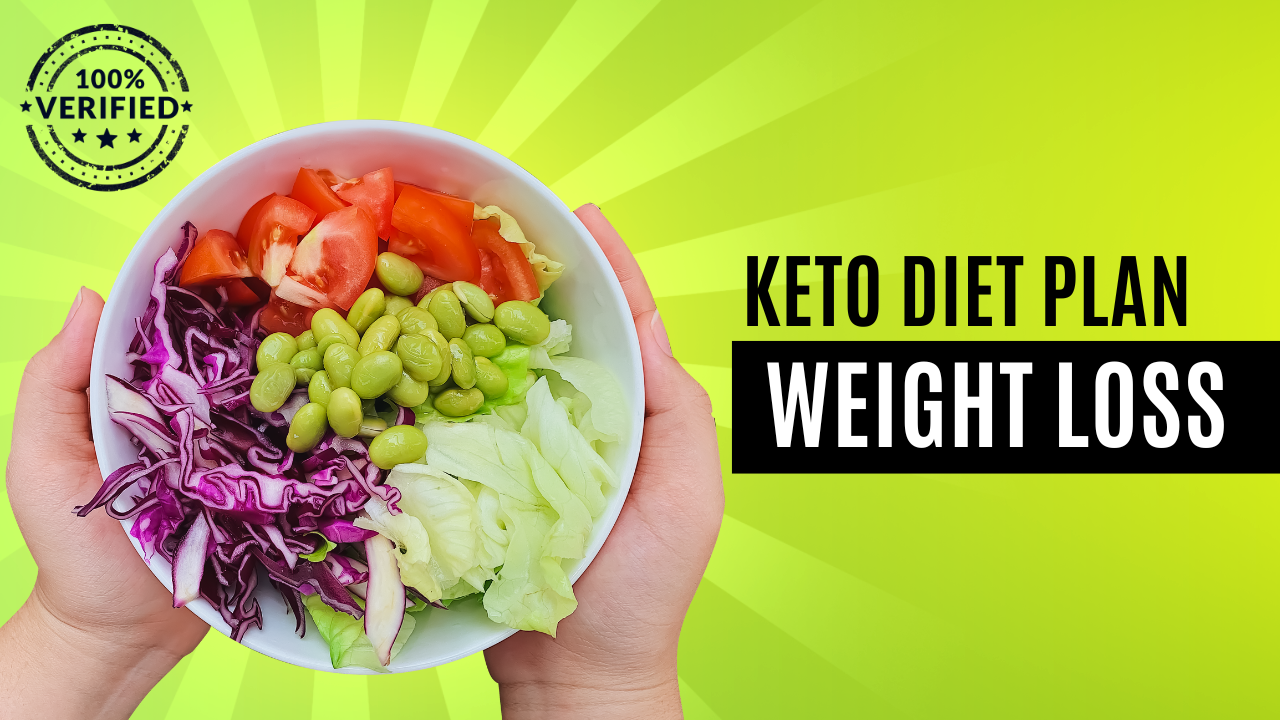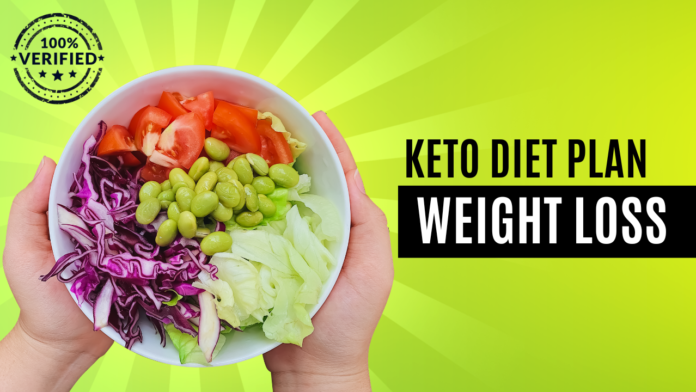Unveiling the Power of the Keto Diet Plan:
A Comprehensive Guide
About Keto Diet Plan Guide
Keto Diet Plan Guide

Understanding the Keto Diet Plan:
Key Principles of the Keto Diet Plan:
- Low Carbohydrate Intake: Carbohydrate consumption is restricted to a minimal level, typically around 2050 grams per day, to prompt the body to shift from using glucose as its primary fuel source to burning fat for energy.
- Moderate Protein Intake: Protein intake is moderated to prevent excessive gluconeogenesis, a process where the body converts protein into glucose, which could potentially interfere with ketosis.
- High Fat Intake: Healthy fats such as avocados, nuts, seeds, olive oil, and fatty fish are emphasized to provide the majority of calories in the diet and support ketone production.
Benefits of the Keto Diet Plan:
Weight Loss: By promoting fat burning and reducing appetite, the keto diet plan has been shown to lead to rapid and significant weight loss, particularly in individuals with obesity or metabolic syndrome.
Improved Metabolic Health: The keto diet may improve markers of metabolic health, including blood sugar levels, insulin sensitivity, triglyceride levels, and HDL cholesterol levels.
Enhanced Mental Clarity and Focus: Some proponents of the keto diet report experiencing improved cognitive function, mental clarity, and focus, which may be attributed to stable blood sugar levels and the brain’s efficient utilization of ketones as fuel.
Potential Therapeutic Applications: Beyond weight loss, the keto diet has shown promise in managing various health conditions, including epilepsy, type 2 diabetes, polycystic ovary syndrome (PCOS), and neurodegenerative diseases.
Considerations and Precautions:
While the keto diet plan offers numerous potential benefits, it’s essential to approach it with caution and consider individual health status and goals. Some considerations include:
Electrolyte Imbalance: Ketosis can lead to increased excretion of electrolytes, such as sodium, potassium, and magnesium, which may require supplementation to prevent deficiencies and alleviate symptoms like muscle cramps and fatigue.
Practical Applications of the Keto Diet Plan:
Meal Planning: Creating keto-friendly meal plans centered around high-fat, low-carb foods such as meats, fish, eggs, nonstarchy vegetables, nuts, seeds, and healthy oils.
Tracking Macronutrients: Monitoring daily intake of carbohydrates, protein, and fat to ensure adherence to ketogenic ratios and maintain ketosis.
Experimentation and Personalization: Adjusting macronutrient ratios, meal timing, and food choices based on individual preferences, metabolic response, and health goals.
Conclusion:
For more info visit this link: https://insightfulbilal.com/category/article/




[…] Keto Diet Plan Guide […]
Thanks for sharing. I read many of your blog posts, cool, your blog is very good.
thanks